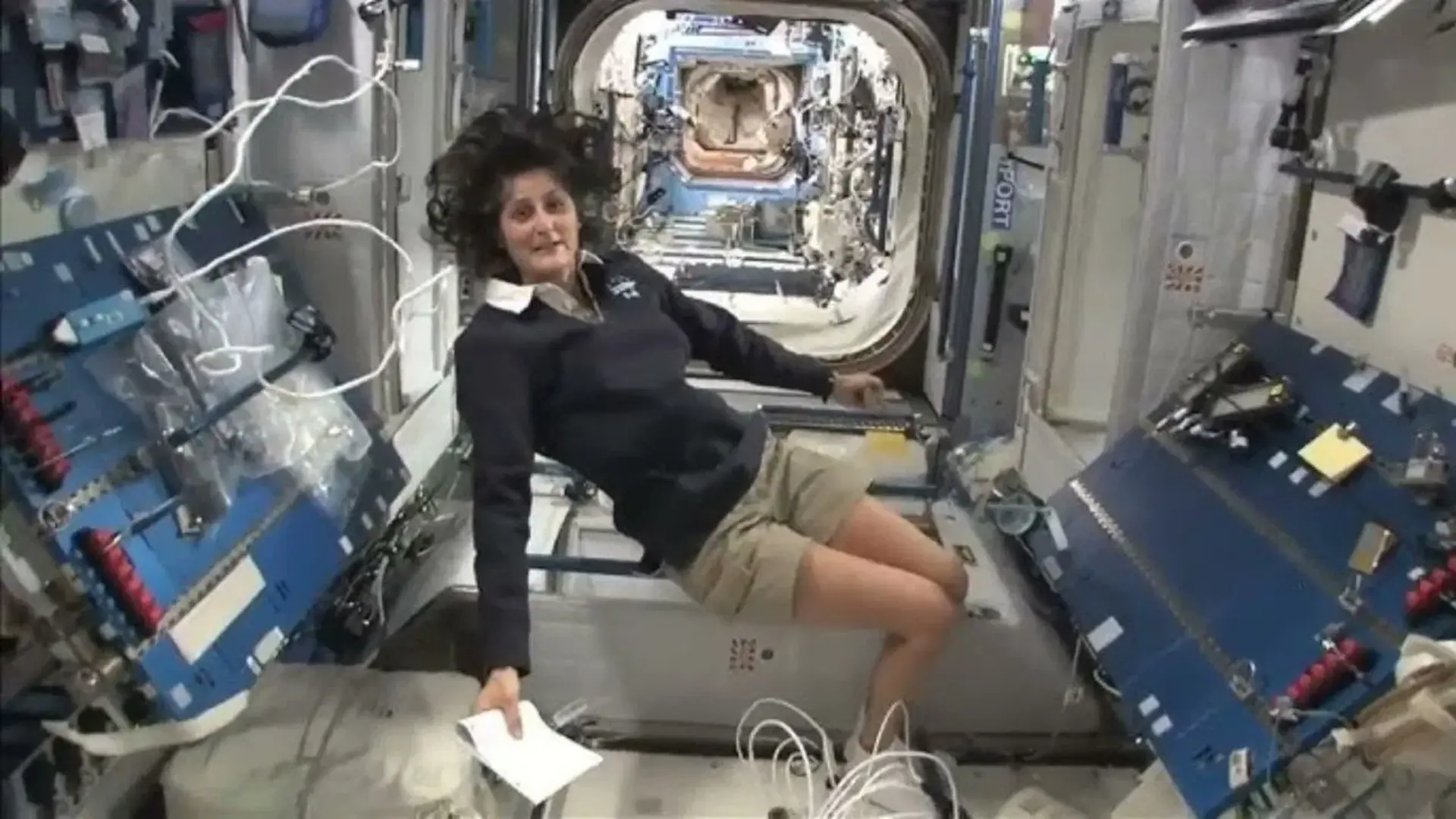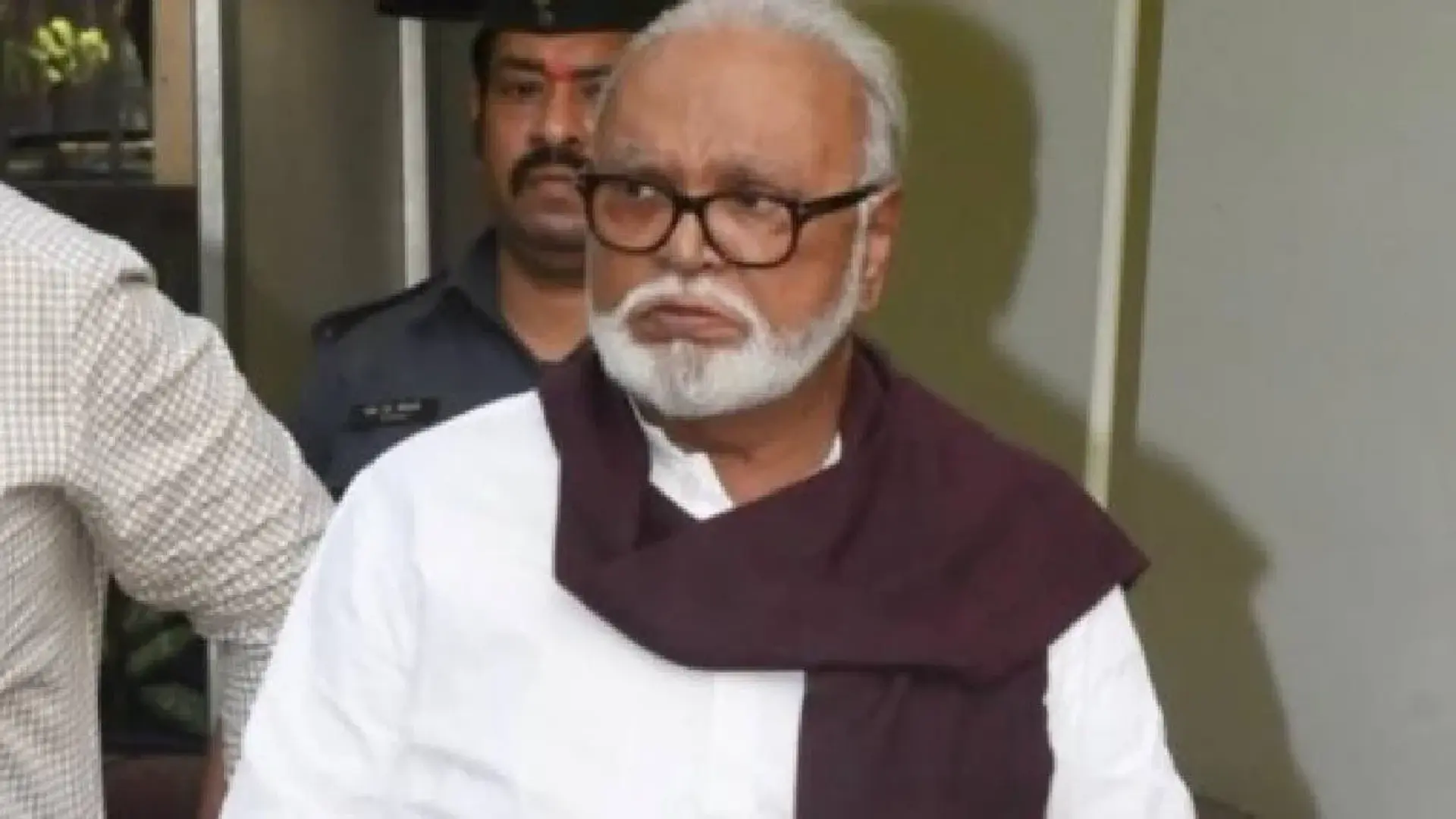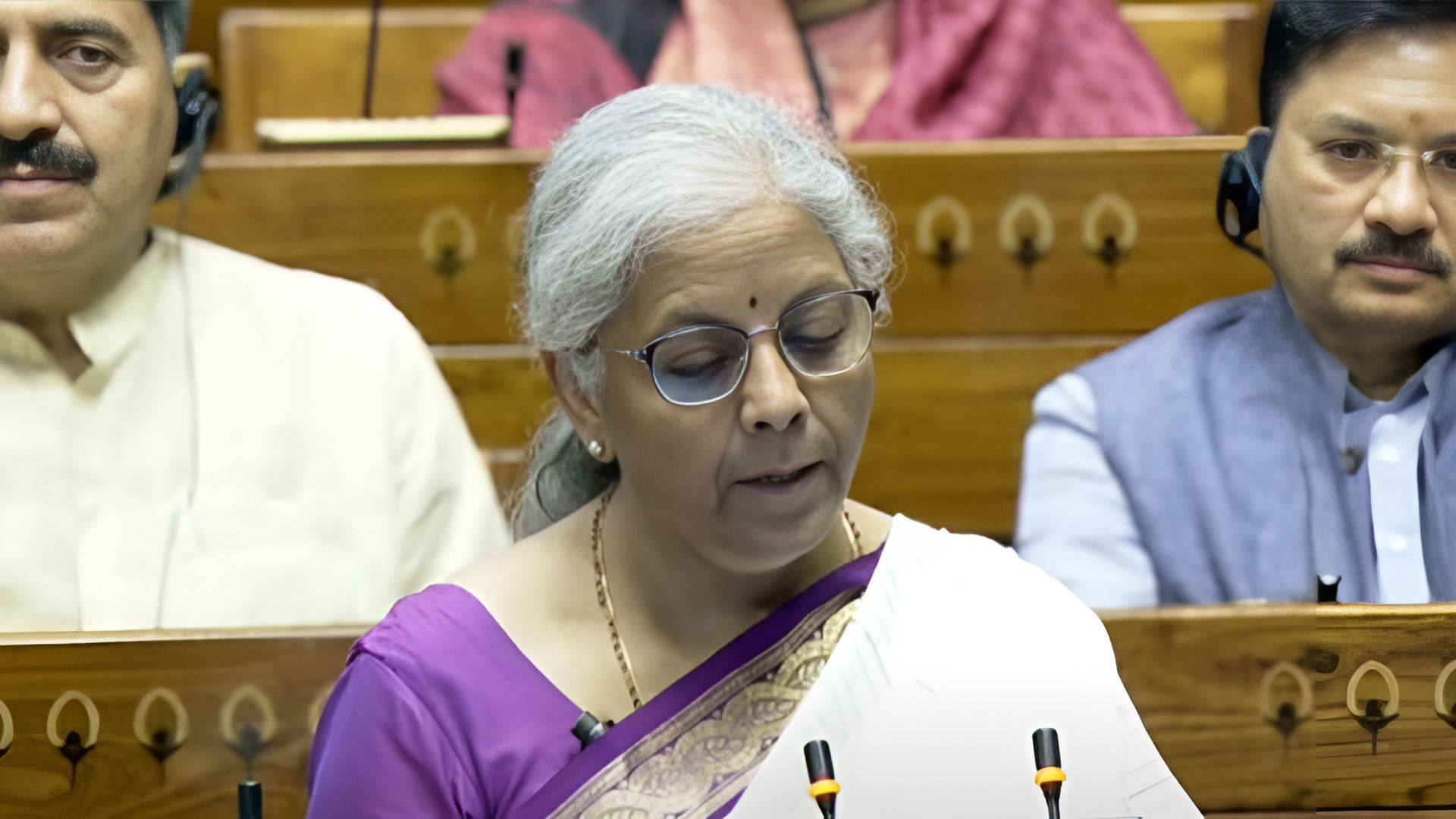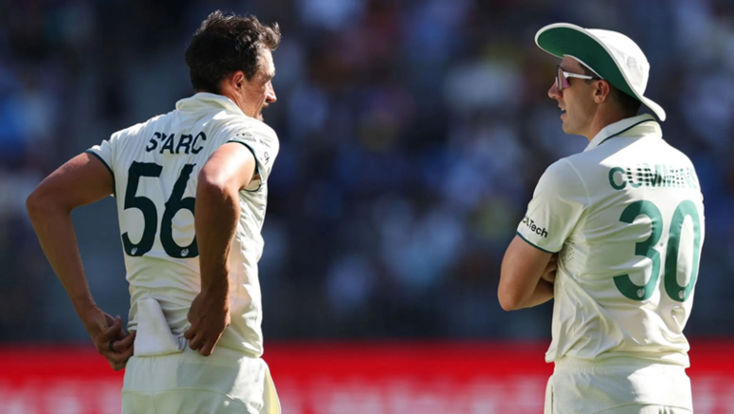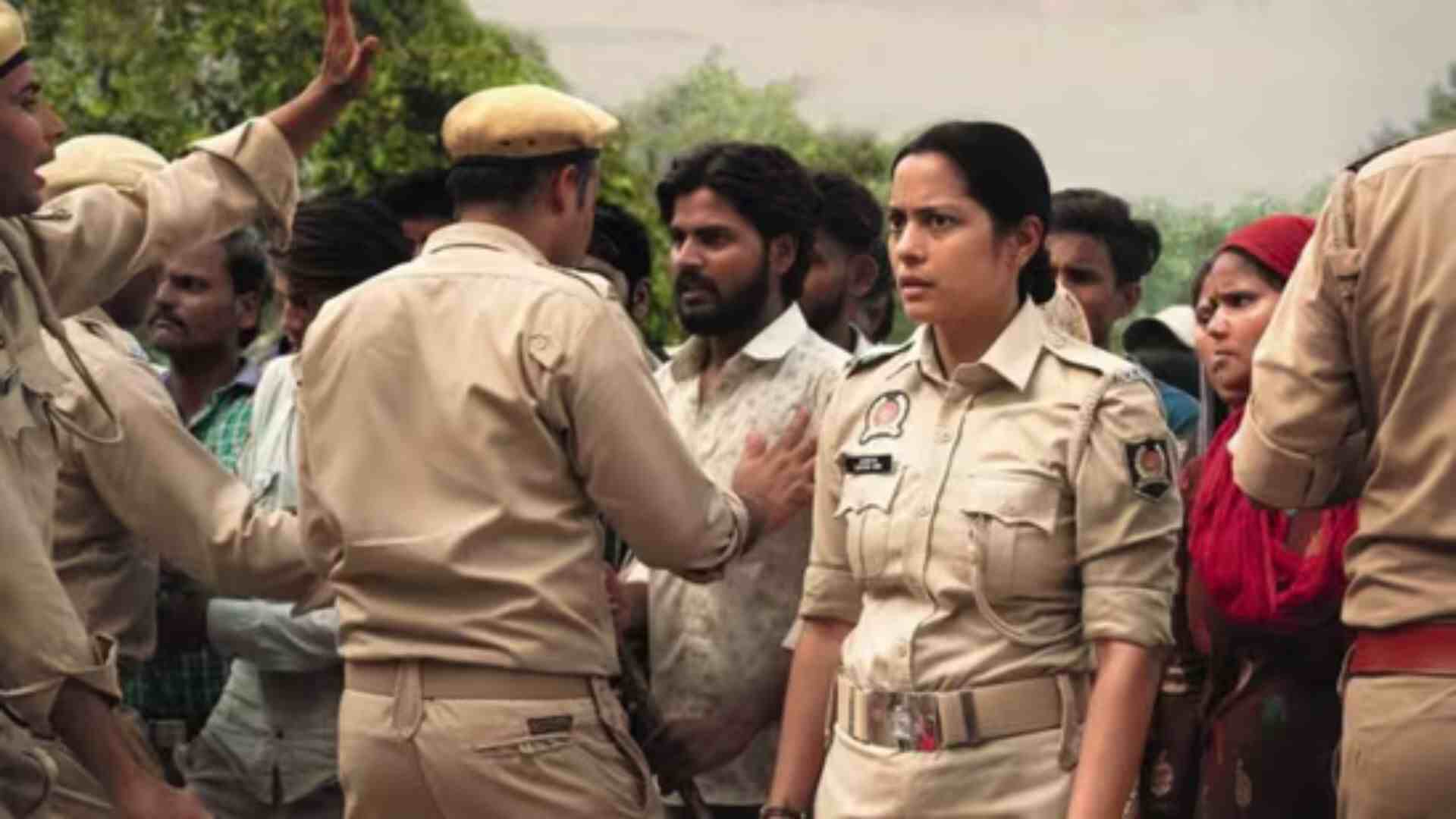The United Nations Organization has seen a whirlwind of changes sweeping through the discourse of expanding its security council with peace loving India at its centrestage. It is believed to be a moment of reckoning for the world to see the Republic of India — one of the largest democracies in the world to support the smooth transition of world governance from conflict-oriented diplomacy pursued by the most affluent nations to an egalitarian, humane and consensus based consultative diplomacy of the developing world. China may not be willing to resist the proposal of India to become a powerful arbiter of the world security as its trade relations with India will certainly be strengthened only if it supports the legitimate right of the second largely populated country to be the permanent member of the United Nations Security Council (UNSC).
Brazil and African Union do strategically look for permanent membership in the UNSC. However, the United Kingdom and US besides several EU members are mostly on the same page to modernise the UNO at the earliest. The UN Secretary-General Antonio Guterres has emphatically stated: “With the structural aspects of the reforms now well consolidated, it is imperative to keep the foot in the pedal to achieve the cultural change we need for greater collaboration across pillars and tangible results for people on the ground.” It is high time to reflect on these lines of political wisdom that multilateral diplomacy can alone distinguish the crux of geopolitics and solve many of the regional conflicts through a comprehensive system of world governance.
The Vice-president of the European Commission Joseph Borell insists the need to revive multilateralism in the multipolar world. He has claimed the European perspective as follows: “We have three objectives when it comes to shaping multilateralism: to consolidate what works, to reform what no longer works well and to extend the scope of multilateralism to new areas.” Even though, the possibility of Russia’s nuclear torpedo attacks has silenced the peace lovers of the Europe and Asia while engaging with spurt in arms race orchestrated by the weapon manufacturers and the war lobbies. The feasibility of defending the peaceful co-existence will be problematized by the changing perceptions of the world leaders, as they face the crisis of cost of living and sudden increase in the borrowing rates.
Many wonder whether India wants to be just another permanent member without any special power of veto. It is highly chaotic and internecine if the world runs into a nuclear conflict between the wealthiest nations. Every other nation is seriously concerned with sky-rocketing energy price and cost of living crisis taking toll on welfarism. There could be another economic recession silencing several industries including IT and ITES across the world. Most of the international political observers believe that a peace-loving India can alone enrich and promote the notions of equitable growth and multicultural interface through her impeccable role as a consultative democracy. Even Pakistan may get greatly benefitted if it supports India’s candidature for the permanent position in the UNSC.
The Great Britain and France have already vouchsafed their immaculate support to India along with several other commonwealth countries in making the world governance quite relevant with India as an arbiter of peace. Russia and several European counterparts want India to play an active role in the global diplomatic forums. India is undoubtedly a global leader of multi-ethnic, multilingual, multi-religious, and multicultural society with the vision for a vibrant democratic tradition in policy making and implementation. Our multipolar world has a few conglomerates sabotaging the country of Mahatma Gandhi and Buddha to be an ordinary member of the UNSC without any permanency.
A large number of Non-resident Indians (NRI’s) serve the world with absolute faith in social harmony and peace. Almost, every seasoned diplomat agrees privately or publicly, that a country of one billion people ought to be a permanent member of the UNSC with a special power of veto. It can strengthen the conceptual domain of equal representation of the world polity throughout its innumerable avenues of human empowerment without any bias towards the low- and middle-income countries.
At this juncture of Ukraine-Russia war, the international peace negotiators look for a comprehensive negotiation to end the conflict all at once and focus on rehabilitation of millions of refugees, victims of violence and torture besides destitutes and orphans. It is the moral responsibility of the UNSC to bring them to the table in order to find a way out of this war.
India gains her unique position as the reliable strategic partner of all the permanent members of the UNSC at this critical time, as there is a need to bring in highly consultative peace negotiators on board to prevent Russia and Ukraine gearing up another nuclear war. It could be leading to a full-blown world war, which might destroy several advanced countries in a few days. There are several Turkish and Israel led peace negotiations ending up in fiasco, as the significance of India becomes apparent to stand firmly on Gandhian principles of non-violence and boundless love for one another to establish the world peace through intense negotiations. Are we really ready to use our Diplomatic machinery to accomplish this noble mission? Can we rescue millions of innocent civilians from another world war? India can lead the world with her multilateral diplomacy to restore world peace at once.
Mangalaprathaban Muralidharan is a Course Developer and Corporate Trainer.
